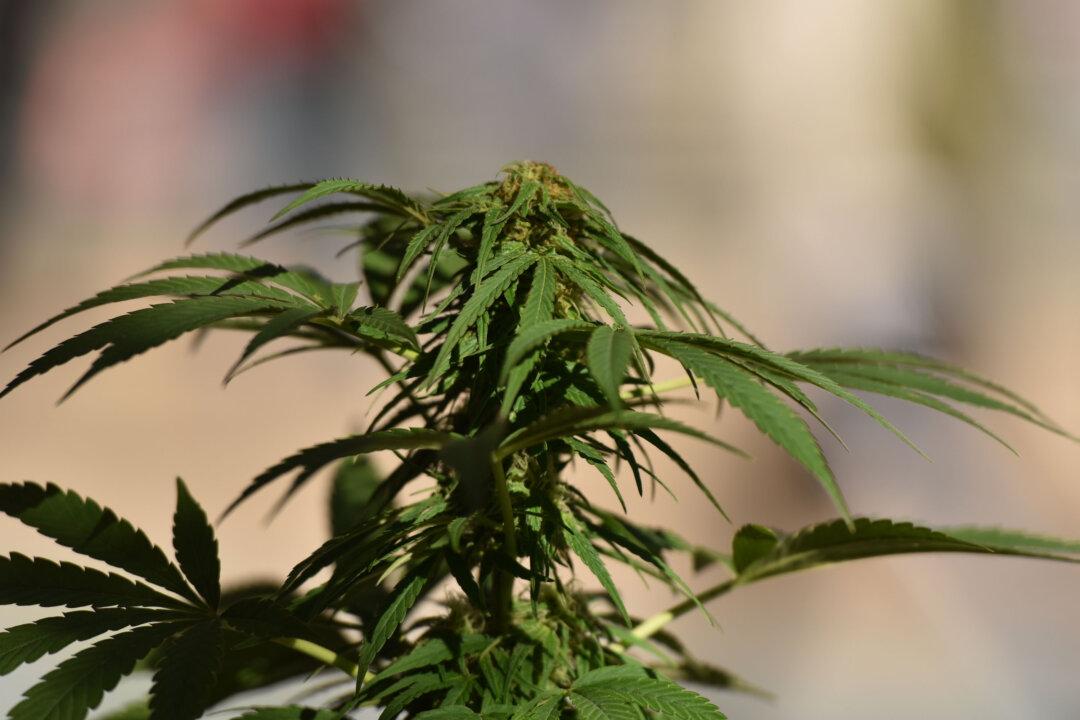Last year, sales of legal cannabis taxed by provincial and federal authorities finally met estimates tabled by the Liberal government in 2018 when it legalized recreational marijuana, according to a recent Statistics Canada report.
Recreational cannabis sales across the country facilitated by “provincial cannabis authorities and other retail outlets” in the 2021-2022 fiscal year totalled $4 billion, the federal agency wrote, which it said is equal to just over $130 for every Canadian who is of legal age to consume marijuana.





